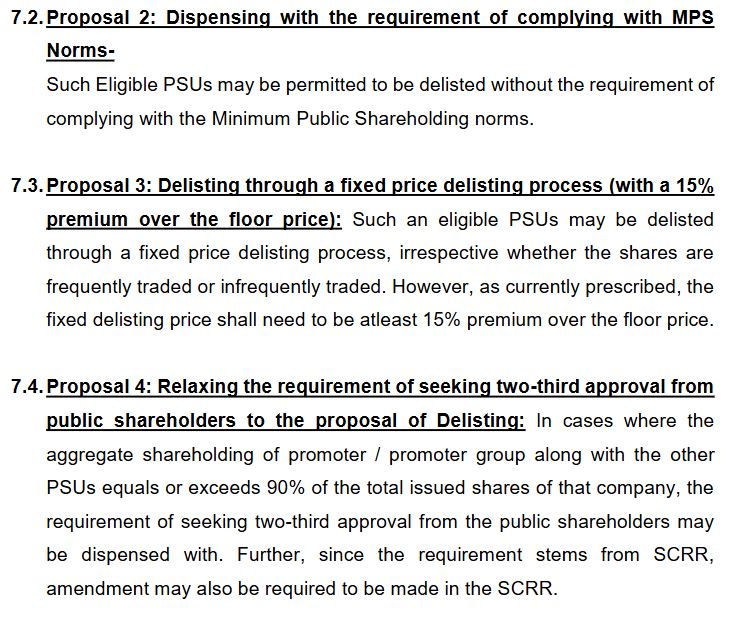"Right now, we're in an absolute raging mania. We've got commentators encouraging companies to do stock splits. Companies then go up 50%, 30%, 40% on stock splits. That brings no value, but the stocks go up"
Very interesting comments from Druckenmiller
Very interesting comments from Druckenmiller
https://twitter.com/SquawkCNBC/status/1303665278262353920
"I have no clue where the market is gonna go in the near term. I don't know whether it's going to go up 10%; I don't know whether it's going to go down 10%," Druckenmiller said. "But I would say the next three-to-five years are going to be very, very challenging"
"The merging of the Fed and the Treasury, which is effectively what's happening during Covid, sets a precedent that we've never seen since the Fed got its independence," Druckenmiller said. "It's obviously creating a massive, massive mania in financial assets."
Have always found Drunckenmiller comments extremely useful and enlightening. One such nugget here
linkedin.com/posts/activity…
linkedin.com/posts/activity…
• • •
Missing some Tweet in this thread? You can try to
force a refresh





